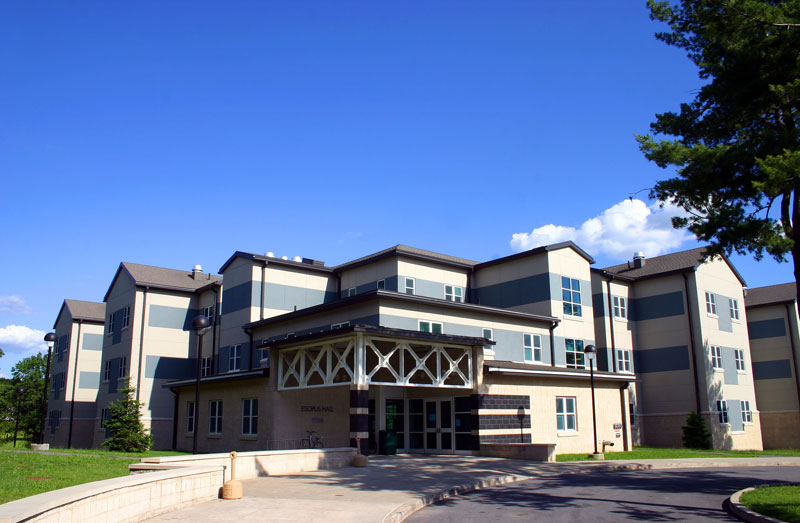

On Monday, Jan. 30, the Residence Hall Student Association (RHSA) held an Associate Council meeting in Esopus Hall, where Associate Council Representatives voted on amendments to the RHSA Constitution which would reform the election process to be more swift and effective.
RHSA President Ranysha Ware, a third-year computer science major, said the old election process was lengthy and time consuming. The changes will allow the procedure to move faster and promote fairness.
The current RHSA Executive board (E-board) compiled a series of amendments over winter break for the Residence Hall Governments to consider.
“In the past it has been Associate Council members and Hall Government members who presented amendments. This is actually the first amendment that the Executive board is presenting,” Ware said.
Latina Khalil, first-year mathematics major and associate council representative for Esopus Hall, said the Associate Council Representatives of each hall were handed the amendment proposals last week and given the opportunity to speak with their Hall Government E-board members to decide which amendments they will vote to pass or block.
“The amends would make us focus more on the candidates rather than on the time spent electing them,” Khalil said.
The RHSA E-board conducted the voting process and it included a recap of each amendment, a question and answer session, a discussion session and a close-eyed vote. During the question and answer and discussion sessions, the halls raised concerns about the amendments to the RHSA E-board.
Ware said E- board elections are approaching in a few weeks and will be going on throughout the semester and the RHSA thought it was pertinent to reform the election process before the elections began in order to prevent extremely late nights for the candidates and the voters.
“Before we can have elections we want to amend the process,” Ware said.
The proposed amendments involved two different sections of the RHSA Constitution which were Article Five, (Representation) Section Two: Qualifications and Article Ten, (AC Meetings) Section Four: Voting Procedure for Elections.
The amendments focused on establishing time constraints to help speed up the election process. All of the amendments, except the fourth amendment, involving a pros/cons list and a list of expectations for the candidate, were passed.
Though many of the amendments were voted on and passed quickly, some including the fifth amendment drew a lot of debate. The proposed amendment involved only two representatives from every hall being able to participate in question and answer sessions. Ultimately the amendment was passed.
Ware said these amendments were formulated to ensure the health of students voting and those running for positions.
“There is no reason students need to be up at 3 a.m. electing a new E-board member,” Ware said. “In the grand scheme of life, elections aren’t that important.”
